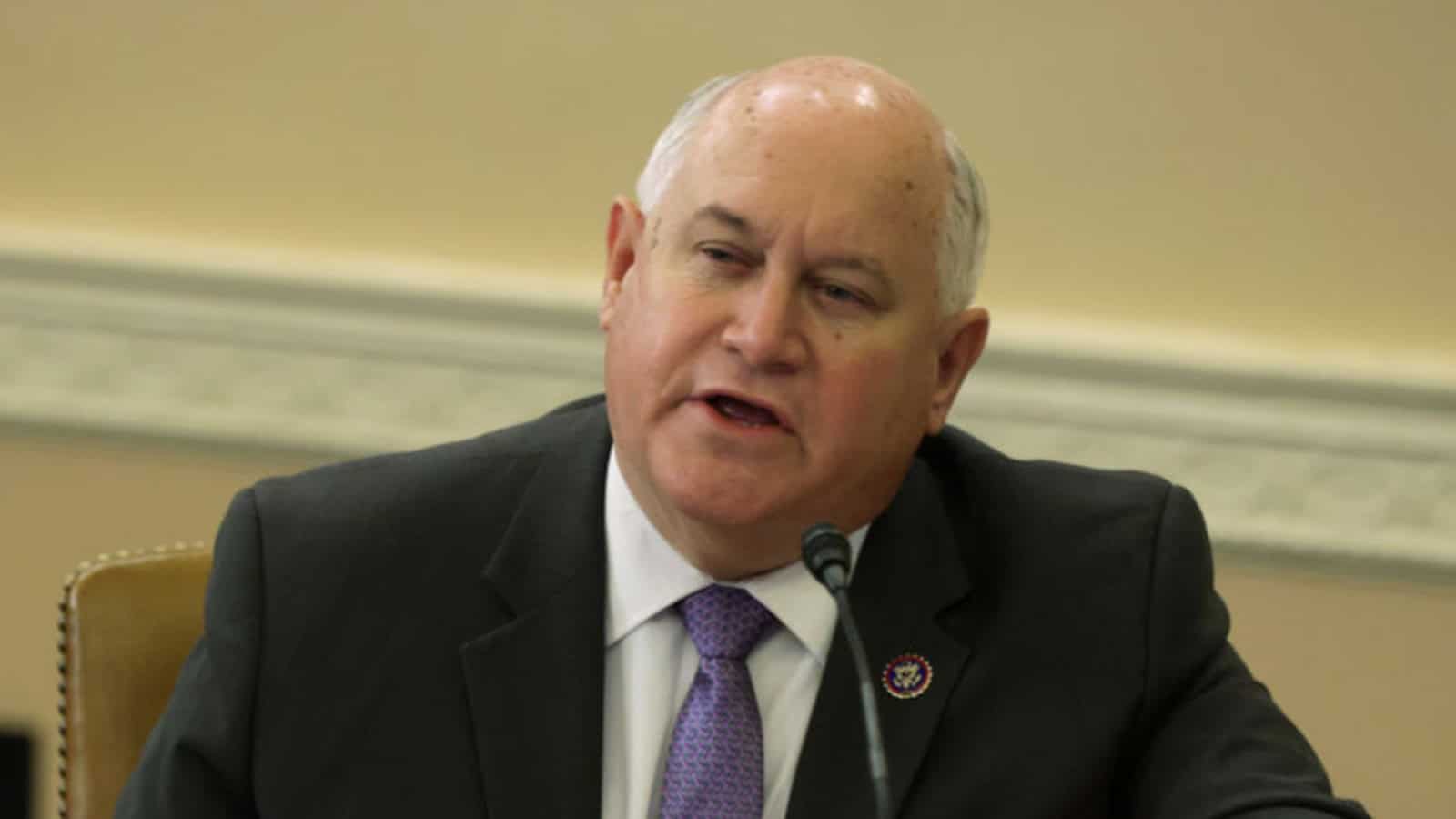R&D Expensing: Q&A with Rep. Estes

The NAM recently talked to Rep. Ron Estes (R-KA), chair of the U.S. Innovation Tax Team, to learn what he and his colleagues are doing to fight for the return of immediate research-and-development expensing. Here’s the full interview:
NAM: Rep. Estes, Congress is facing a “Tax Armageddon” next year, as crucial provisions from 2017’s Tax Cuts and Jobs Act are set to expire. As a member of the Ways and Means Committee, what is your focus moving into next year’s debate?
Rep. Estes: The Tax Cuts and Jobs Act did so much to encourage economic growth and make the United States competitive globally. Today, about half of the members serving in Congress weren’t in office in 2017 when we passed this landmark legislation, so there’s a lot of educating that’s been happening, not just for the general public but for our members as well. Ways and Means Republicans are taking this opportunity to examine what worked and ways to improve and expand the legislation. Ways and Means Chairman Jason Smith (R-MO) established 10 tax teams to address various parts of the bill, and I’ve been leading the U.S Innovation Tax Team.
NAM: As you well know, for nearly 70 years, manufacturers in the U.S. were able to fully deduct their R&D expenses in the year incurred. Beginning in 2022, however, manufacturers were forced to spread their deductions over several years, greatly harming our ability to grow and compete. What is Congress doing to restore immediate R&D expensing?
Rep. Estes: I’ve introduced legislation—the American Innovation and R&D Competitiveness Act—to address this issue. It’s bipartisan legislation that is supported by 220 colleagues, nearly evenly divided between Republicans and Democrats. Those provisions were also included in the House-passed Tax Relief for American Families and Workers Act, which would have been a welcome fix. However, election-year politics has stalled that bill in the Senate. But manufacturers and innovators need action on immediate R&D expensing now, and it’s something the Senate should still address before the next Congress begins in January.
NAM: Your U.S. Innovation Tax Team has been very busy this year, as you’ve held several roundtables and been receiving feedback focused on the importance of U.S. manufacturers having a chance to compete around the globe. As we get closer to next year, what is your tax team hearing from stakeholders on the need for American businesses to engage and grow around the world?
Rep. Estes: The U.S. Innovation Tax Team has hosted roundtables and listening sessions with innovators and manufacturers across the country. Their message has been consistent and clear: we need a stable tax code that encourages innovation through R&D immediate expensing, continues good policies like FDII [the foreign-derived intangible income deduction] and discourages foreign extraterritorial taxes that are out to pilfer from American innovators. A manufacturer in rural Kansas told me about how the change in immediate R&D expensing has changed their plans for expansion. This is a major employer in a small town, so the impact isn’t just about the business, but it’s also about the jobs that are impacted when R&D is stifled. At the same time, China is offering a 200% super deduction and is working to expand R&D in their country. We can’t cede our dominance in manufacturing, research and development.
NAM: Thank you, congressman. What else can NAM members do to stay engaged and be a resource for you going into next year?
Rep. Estes: The best thing for NAM members to do is to continue talking about the benefits of the Tax Cuts and Jobs Act and the importance of R&D expensing for manufacturers and workers. Unfortunately, there’s a lot of misinformation about the impact of the 2017 tax law, but even the New York Times admitted in 2019 that the Tax Cuts and Jobs Act benefitted most Americans, saying in their headline, “Face It: You (Probably) Got a Tax Cut,” and going on to say, “Studies consistently find that the 2017 law cut taxes for most Americans. Most of them don’t buy it.” Americans, small businesses, innovators and manufacturers need us to extend and expand the 2017 tax law to encourage the kind of economic growth we experienced just several years ago.
